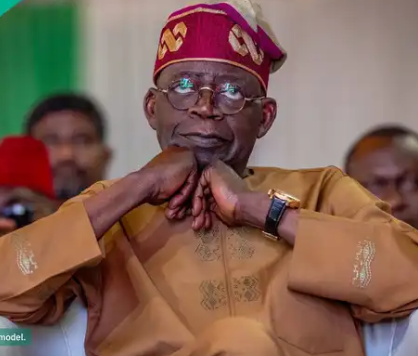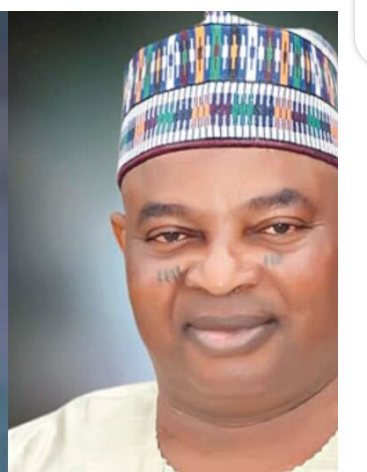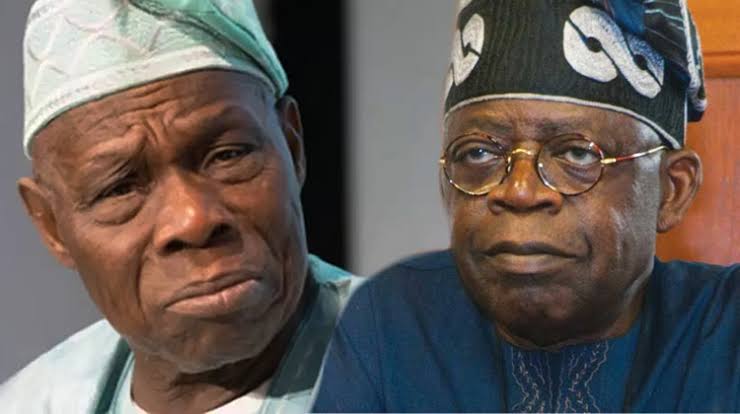In the first half of 2024, the federal government spent $1.36 billion to pay off outstanding obligations to 12 international and multilateral creditors.
This is based on data from the Debt Management Office (DMO) publicly available reports. The amount paid from January to June 2024 is 216.07% higher than the $431.23 million recorded during the same period in 2023.
However, the Punch noted that the increase was mostly caused by a dramatic spike in interest rates, which had a major effect on borrowing costs and increased government spending.
The notable increase in the federal and state governments’ debt service obligations demonstrates the growing strain on Nigeria’s fiscal balance in the face of persistent economic difficulties.
The International Development Association, Africa Growing Together Fund, Islamic Development Fund, International Monetary Fund, Africa Development Bank, European Development Bank, International Fund for Agriculture Development, African Development Fund, and International Bank for Reconstruction and Development are among the multilateral organizations....Read Full Article [Click Here>]
Among the bilateral companies are the Agency Francaise Development, Kreditantstalt für Weideraufbua, and the Japan International Cooperation Agency.
According to the DMO’s 2024 half-year public debt report, Nigeria’s domestic and international public debt increased to N71.2 trillion and $42.9 billion, respectively.
This represents a significant increase over December 2023, when domestic debt was N59.1 trillion and foreign debt was $42.4 billion, representing increases of 20.4% and 1.1%, respectively.
Under Tinubu’s leadership, domestic debt in particular has increased dramatically, rising from N54.1 trillion in June 2023 to the present N71.2 trillion.





